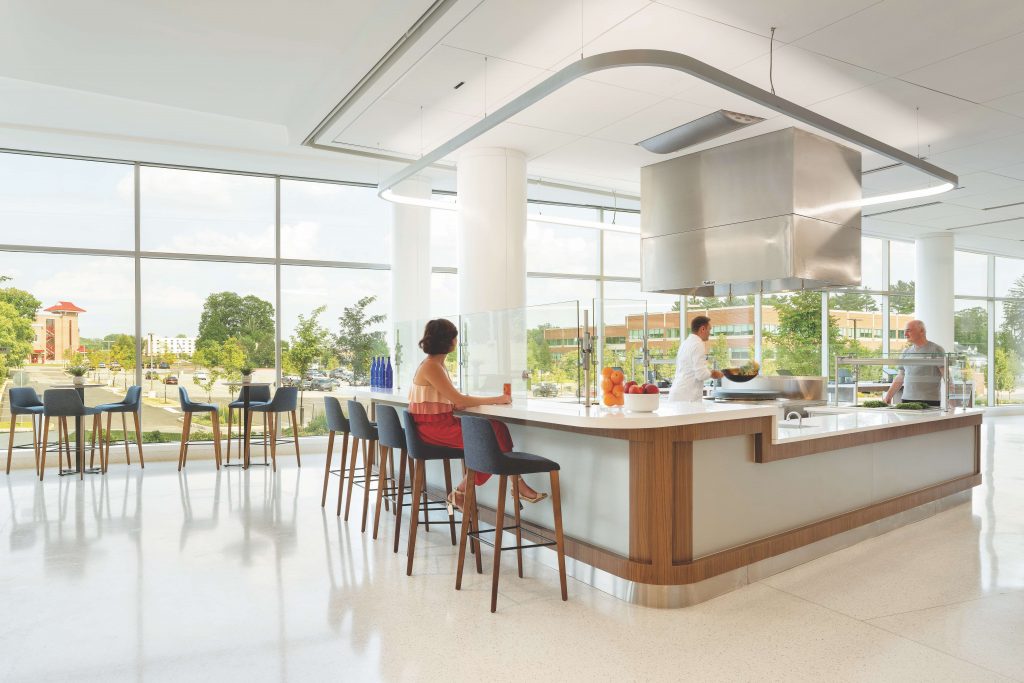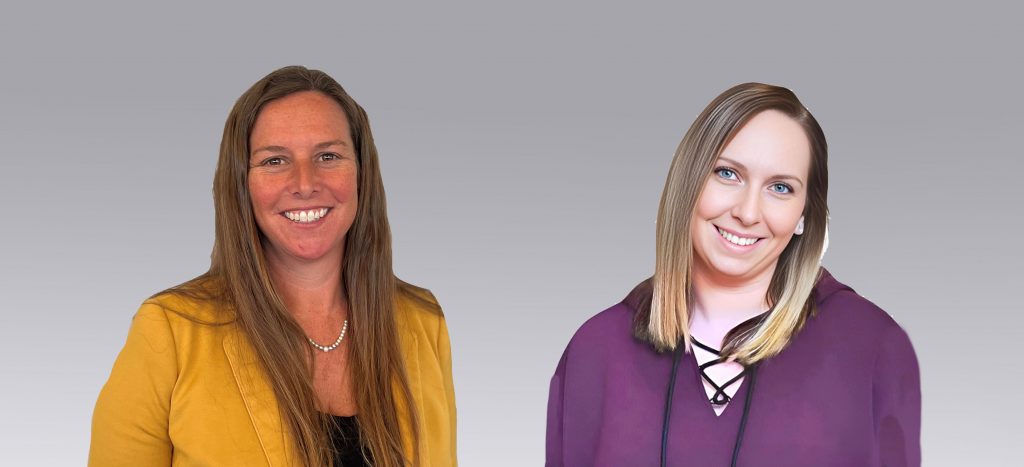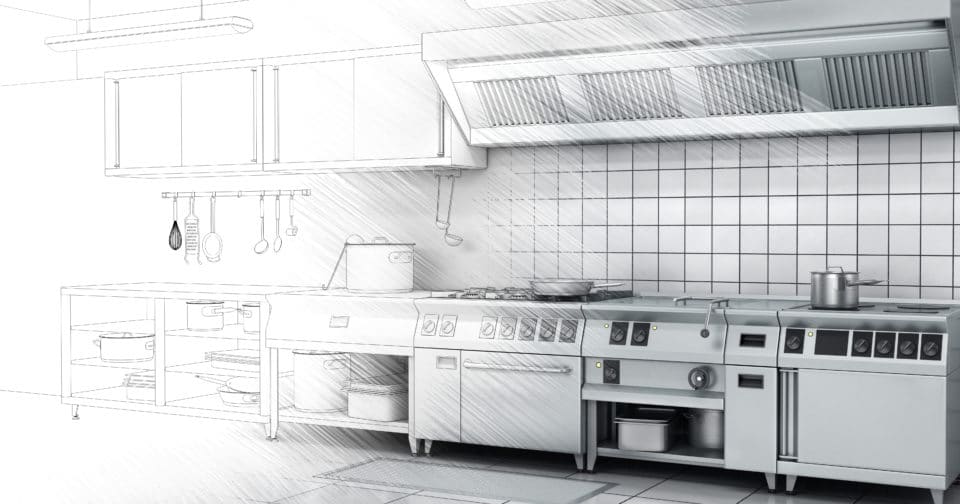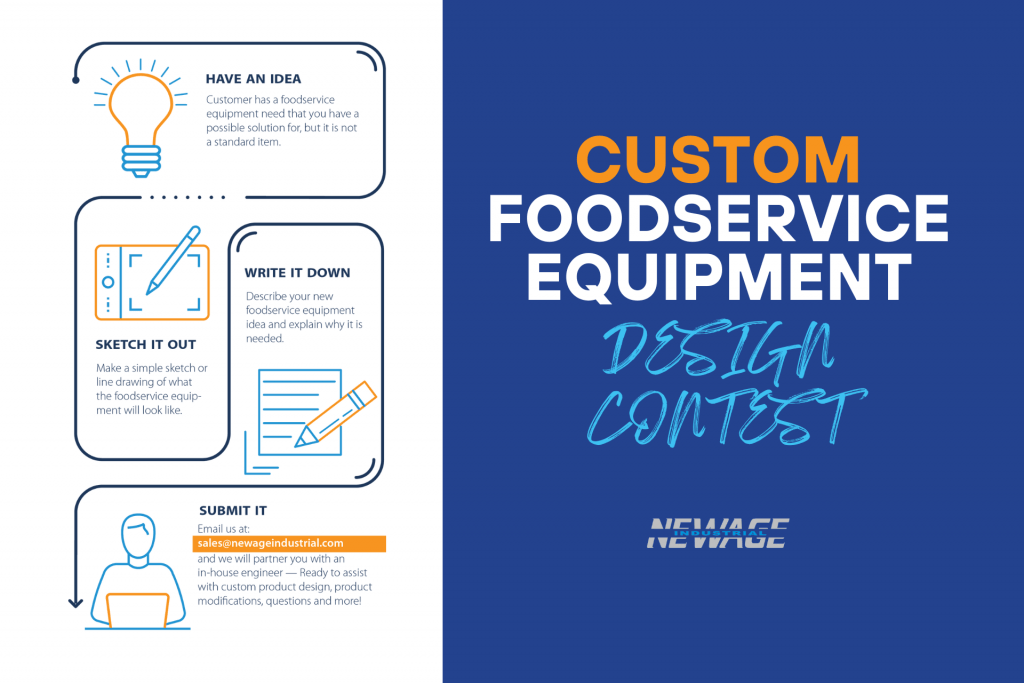
I have been asked over the years if a design consultancy and their clients benefit from having a management advisory services (MAS) consultant on the team, or if specialist design teams can be stronger without the need to collaborate with MAS consultants.
There are of course some practices that are genuinely hybrid, but I’m not talking about those, except wondering if they work separately or together on projects.
No, the questioner is really asking, “can a design consultancy achieve better results by having a MAS consultant on their team?” At this point others might logically also raise the question whether an MAS consultancy can benefit from having a design consultant on their team.
The answer in some way might go to the point of who we are as FCSI consultants. Currently we qualify for membership by rising through levels of experience rather than proven competency. In many cases a member’s competency is demonstrated through educational qualifications but is not mandated in FCSI membership as in other professions.
But then other professions do not accept the qualifications of practitioners from jurisdictions other than their own and so are not global organisations such as FCSI – and there are very few global tertiary courses directly focused on the design of commercial kitchens that can be mandated for full global membership.
Developing experience in the field
From the MAS perspective, I believe completing a degree followed by an MBA from a well-known university does not qualify you as a “consultant” It takes the experience of working as part of a team on a range of projects over time to develop the necessary experience to give valuable advice to clients.
In this context it is useful to consider how the major global management consultancies undertake some special assignments for governments or large corporations: they bring in the relevant specialist for the assignment, in my case brought in as a designer working with their management teams on specific projects.
So in the same way, can there be a benefit of adding complimentary specialists to the primary team for the benefit of the outcome? In this case adding an MAS consultant to the design team on a project-by-project basis or as a permanent member of a team.
This can depend on a number of factors, the first being that it has to be recognised that they have both been trained to work in completely different ways: management thinking and design thinking are two different approaches to problem solving. Management thinking is based on the analysis of past data to project the future direction and in this application influence the design solution, whereas true design thinking reimagines the future first and tests it against the present to evolve the solution.
Consider the number of ways an FCSI foodservice design consultant, in all parts of the world, comes into our profession. From manufacturing and drafting; through the cooking or catering or through equipment sales. In all cases the individual will have to add to their skill set the basic tools they need to undertake the work. But in all cases the individual will need time to not only absorb the specific skills they don’t bring with them but also the special competencies required to be an effective and independent consultant.
The apprentice approach
In this way the process of becoming a Foodservice Consultant is more like the original “apprentice” approach to becoming an architect before university degrees became available. It takes time to unlearn developed prejudices and habits in the way of working and relearn to develop the experience and open mind required to be an effective consultant. So a MAS consultant being added to a design team may not add value if the designers are always having to push back against ingrained thinking.
On the other hand a MAS consultant with years of experience in a wide variety of business models might be able to add value where a generalist design team have developed a standard approach to facilities design. It is often possible to recognise the designer by their approach to solutions which might work but demonstrates a lack of individual thinking. The same can apply to all design whether it be in architecture, engineering etc, where solutions are made to fit a single approach or visual language which can be design habits or client choice.
A foodservice design consultancy with an in-house MAS consultant is also able to offer a broader range of services to clients. The MAS consultant would need to have a considerable range of industry experience to effectively be the sole in house foodservice operations and management providing input to a design team, far more so than if they were working with a specialist MAS only consultancy team. However a generalist design team with a clear design thinking approach to every project can be equally effective without MAS input provided there is the necessary depth of overall design experience.
However a foodservice design team with specialist industry experience can be stronger and far more effective on a client’s behalf without any need for MAS input as a result of effectively having tested design and operations solutions on similar projects over a period of time working with many different project design teams and operators. A situation where the addition of the average MAS consultant could limit the designer’s imagination for future possibilities or even create a filter or even a barrier between the operator and the designer.
So my thoughts to the questions are: – “It Depends”
Tim Smallwood FFCSI




